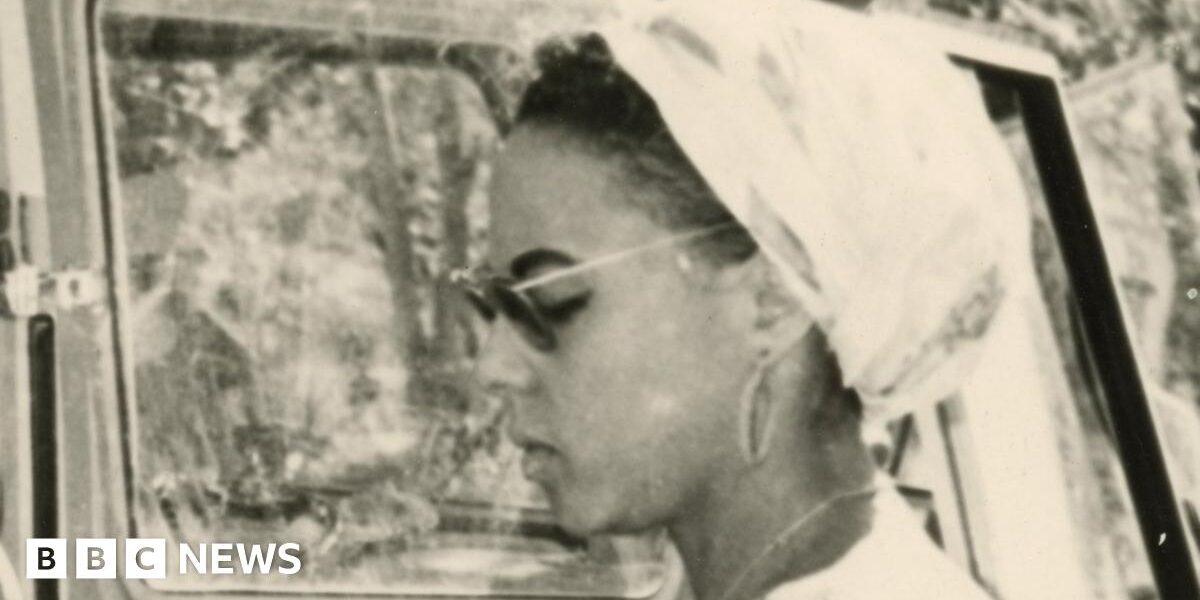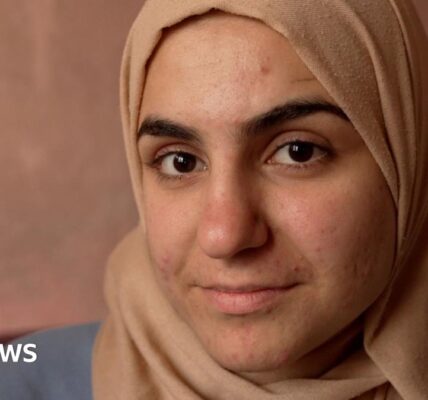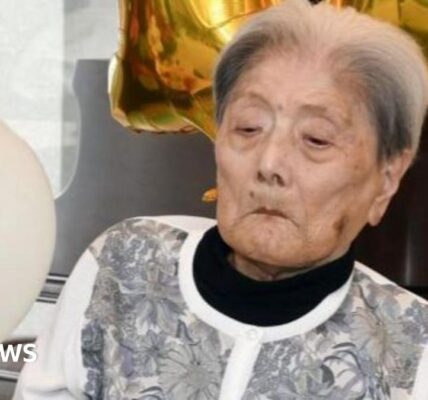“I know that you can die twice. First comes physical death… to be forgotten is a second death,” notes screenwriter Eve Blouin, in an epilogue at the end of her mother’s autobiography.
Eve understands this sentiment more than most.
In the 1950s and 60s, her mother, the late Andrée Blouin, threw herself into the fight for a free Africa, mobilising the Democratic Republic of Congo’s women against colonialism and rising to become a key adviser to Patrice Lumumba, DR Congo’s first prime minister and a revered independence hero.
She traded ideas with famed revolutionaries like Ghana’s Kwame Nkrumah, Guinea’s Sékou Touré and Algeria’s Ahmed Ben Bella, yet her story is hardly known.
In an attempt to remedy this injustice, Blouin’s memoir, titled My Country, Africa: Autobiography of the Black Pasionaria, is being re-released, having spent decades out of print.
In the book, Blouin explained that her yearning for decolonisation was sparked by a personal tragedy.
She grew up between Central African Republic (CAR) and Congo-Brazzaville, which at the time were French colonies named Ubangi-Shari and the French Congo respectively.
In the 1940s, her two-year-old son, René, was being treated in hospital for malaria in the CAR.
René was mixed-race like his mother, and because he was one-quarter African, he was denied medication. Weeks later, René was dead.
“The death of my son politicised me as nothing else could,” Blouin wrote in her memoir.
She added that colonialism “was no longer a matter of my own maligned fate but a system of evil whose tentacles reached into every phase of African life”.
Blouin was born in 1921, to a 40-year-old white French father and a 14-year-old black mother from the CAR.
The two met when Blouin’s father passed through her mother’s village to sell goods.
“Even today, the story of my father and my mother, while giving me much pain, astonishes me still,” Blouin said.
When she was just three, Blouin’s father placed her in a convent for mixed-race girls, which was run by French nuns in the neighbouring Congo-Brazzaville.
This was common practice in France and Belgium’s African colonies – it is thought that thousands of children born to colonialists and African women were sent to orphanages and separated from the rest of society.
Blouin wrote: “The orphanage served as a kind of waste bin for the waste products of this black-and-white society: the children of mixed blood who fit nowhere.”





